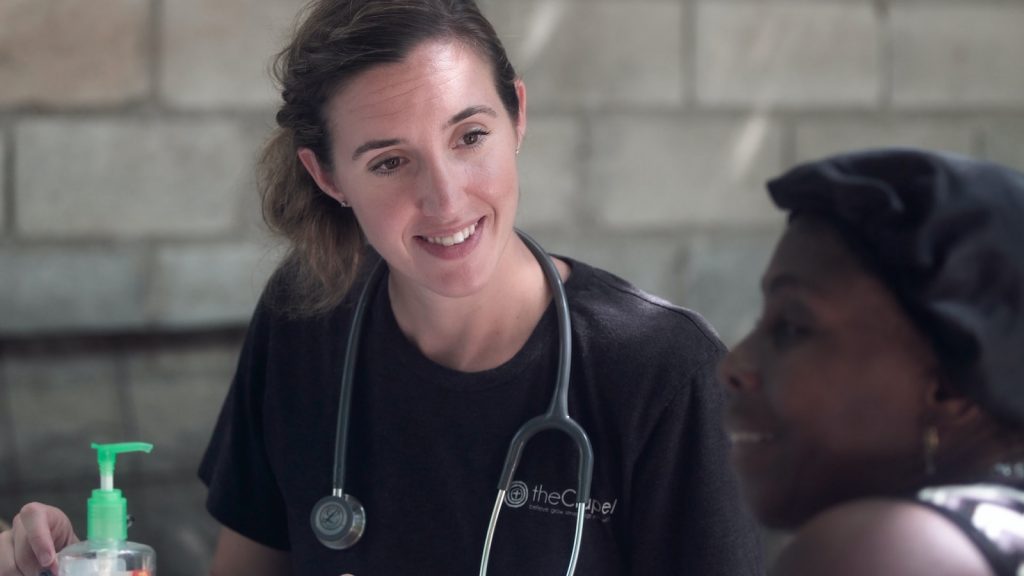Entering college is like stepping into a new world, full of excitement, learning, and new experiences. However, amidst the rush of new classes, friends, and experiences, one thing that often gets overlooked is mental health. With this article, we aim to underline the importance of mental health in college and provide practical tips on how to maintain it.
Understanding Mental Health
Before we jump into the nitty-gritty of maintaining mental health in college, let’s take a moment to understand what it really means. Mental health refers to our emotional, psychological, and social well-being, impacting how we think, feel, and behave.
Why is Mental Health Important in College?
You might be wondering, why is mental health so significant during college? The answer lies in the myriad of new challenges and pressures you face in college, ranging from academic stress to social anxieties. Mental health plays a crucial role in helping you cope with these challenges effectively.
The Impact of Mental Health on Academic Performance
Your mental health doesn’t just affect your emotional state; it directly impacts your academic performance. A healthy mental state helps in improving concentration, enhancing learning abilities, and fostering creativity.
Mental Health and Relationships
Ever heard of the saying, “you cannot pour from an empty cup?” It’s the same with mental health. Your state of mind influences your relationships, and maintaining mental health helps in building positive connections.
Identifying Mental Health Challenges
Sometimes, the first step towards maintaining mental health is recognizing the signs of struggle. These could include constant feelings of sadness, anxiety, irritability, or changes in sleeping and eating patterns.
Maintaining Mental Health: Practical Tips
Maintaining mental health might sound overwhelming, but it doesn’t have to be. Here are some practical tips to help you out.
1. Adopt a Healthy Lifestyle
Eating a balanced diet, getting regular exercise, and ensuring adequate sleep can work wonders for your mental health. Remember, your physical health and mental health are intertwined.
2. Practice Mindfulness
Mindfulness involves focusing on the present moment without judgment. Practicing mindfulness can help reduce stress, improve focus, and promote emotional well-being.
3. Reach Out for Help
If you’re feeling overwhelmed, don’t hesitate to reach out for help. It could be a trusted friend, a family member, or a mental health professional. Remember, asking for help is not a sign of weakness, but strength.
4. Develop Healthy Coping Mechanisms
Developing healthy coping mechanisms, such as engaging in hobbies, journaling, or practicing relaxation techniques, can help manage stress effectively.
5. Stay Connected
Staying connected with loved ones can provide emotional support and a sense of belonging, boosting your mental health.
Conclusion
The importance of mental health in college cannot be overstated. It’s the key to navigating academic pressures, building healthy relationships, and ultimately, enjoying your college experience. So, remember to take care of your mental health – it’s as important as your physical health, if not more.
Frequently Asked Questions
1. How can I recognize signs of mental health issues in myself?
Recognizing mental health issues involves being aware of changes in your thoughts, feelings, and behavior. This could include feelings of sadness, anxiety, changes in sleep or eating patterns, or loss of interest in activities you once enjoyed.
2. Who can I talk to if I’m struggling with mental health issues in college?
If you’re struggling with mental health issues in college, consider reaching out to a trusted friend, family member, or mental health professional. Many colleges also provide counseling services for students.
3. How can I support a friend who’s struggling with mental health issues?
Supporting a friend with mental health issues involves listening to them without judgment, expressing your concern, and encouraging them to seek professional help if needed.
4. Can I maintain my mental health while managing a heavy academic workload?
Yes, managing your mental health while dealing with a heavy academic workload involves effective time management, regular breaks, engaging in relaxing activities, and seeking help when needed.
5. How can physical activities impact my mental health?
Physical activities release endorphins, known as ‘feel-good hormones’, that help reduce stress, improve mood, and promote overall mental well-being.
References
- “Mental Health and College Students.” (2019, March 28). Mental Health America
- “Why Mental Health is Important for College Students.” (2020, September 24). Active Minds
- “Maintaining Mental Health in College.” (2021, August 2). Verywell Mind
- “Effects of Physical Activity and Exercise on Mental Health.” (2018, December 27). Scientific American
- “Mindfulness: An Introduction.” (2019, July 22). Harvard Health




